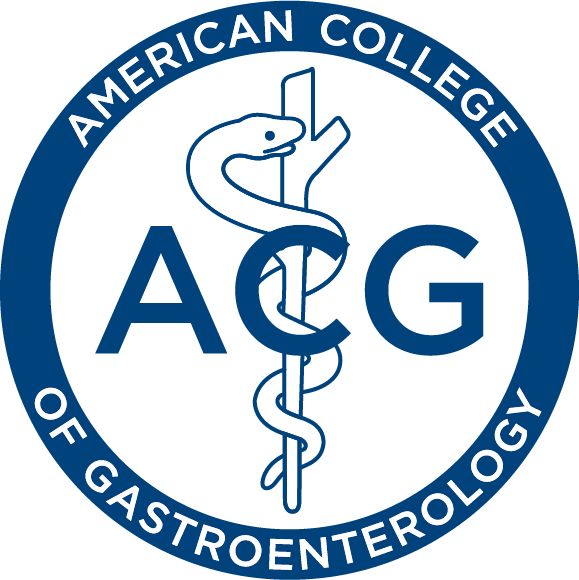With screening and early detection, colon cancer can be prevented, but experts from the American College of Gastroenterology warn that too few Americans are getting screened. "We know that colon cancer screening saves lives. Yet colorectal screening rates remain very low even though Medicare and many private plans pay for screening tests," explains Dr. Jack DiPalma, President of the American College of Gastroenterology.
Despite increasing public awareness of colorectal screening tests through the efforts of Katie Couric and others, many people continue to face obstacles to screening. The Centers for Disease Control & Prevention in 2002 estimated that only 41 percent of men and women over 50 had recommended screening tests in the last five years, specifically colonoscopy or flexible sigmoidoscopy. (Source: CDC's Behavioral Risk Factor Surveillance System 2002)
Even Medicare beneficiaries, for whom incidence and death from the disease are highest, encounter problems with access to screening colonoscopy. "Pending legislation in the U.S. Congress, such as the Colon Cancer Screen for Life Act (S.1010/H.R. 1632), promises to remove Medicare's barriers to screening, but only one small improvement, the waiver of the Medicare deductible, was approved for 2006, so much remains to be done," adds Dr. DiPalma.
According to the American Cancer Society, an estimated 148,000 Americans, both women and men, are diagnosed with colorectal cancer each year, and this year approximately 55,000 people will die from this disease. However, many of these deaths could be prevented through proper screening. Research indicates that colon cancer arises from pre-cancerous growths or polyps that grow in the colon. When detected early, these growths or polyps can be removed, actually preventing the development of colon cancer.
About Colorectal Cancer Screening " Recommendations from the American College of Gastroenterology (http://www.acg.gi.org)
For normal risk individuals, the American College of Gastroenterology recommends colonoscopy screening every 10 years beginning at age 50. An alternative strategy for average risk individuals is an annual stool test for blood, and a flexible sigmoidoscopic exam every 5 years, although unlike colonoscopy this approach does not allow visualization and removal of polyps in the entire colon.
For those with a family history of colorectal cancer, testing should begin at 40 years of age or 10 years younger than the age of the youngest affected relative, whichever is earlier.
For both average and high risk individuals, all potential pre-cancerous polyps must be removed.
Earlier Screening Recommended for African Americans Begin at Age 45
African Americans are diagnosed with colorectal cancer at a younger age than whites, and African Americans with colorectal cancer have decreased survival compared with whites. Physician experts from the American College of Gastroenterology last year issued new recommendations to healthcare providers to begin colorectal cancer screening in African Americans at age 45 rather than 50 years. Colonoscopy is the preferred method of screening for colorectal cancer and data support the recommendation that African-Americans begin screening at a younger age because of the high incidence of colorectal cancer and a greater prevalence of proximal or right-sided polyps and cancerous lesions in this population. The recommendations were published in the March 2005 issue of the American Journal of Gastroenterology.
State level statistics on colorectal cancer incidence and mortality are available from the American Cancer Society (http://www.cancer.org)
Patient information about lifesaving colorectal cancer screening and other digestive health issues can be found at (http://www.acg.gi.org)
About the American College of GastroenterologyFounded in 1932, the American College of Gastroenterology (ACG) is an organization with an international membership of more than 9,000 individuals from 80 countries. The College is committed to serving the clinically oriented digestive disease specialist through its emphasis on scholarly practice, teaching and research. The mission of the College is to serve the evolving needs of physicians in the delivery of high quality, scientifically sound, humanistic, ethical and cost-effective health care to gastroenterology patients.
